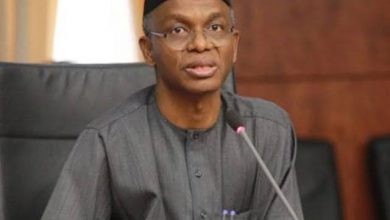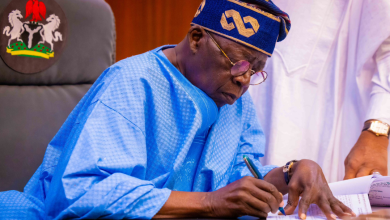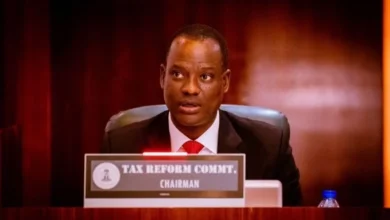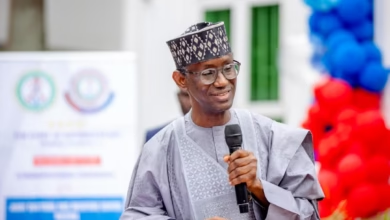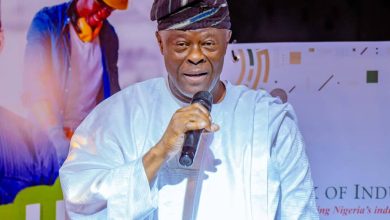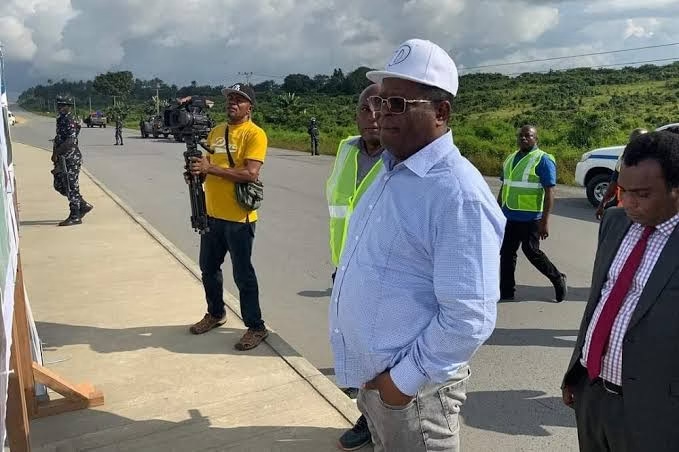
Minister of State for Works Mohammed Goroye declared on Monday that the federal government requires ₦880 billion annually to maintain the country’s road network.
He made the statement during an investigative hearing organized by the House of Representatives ad hoc committee on the implementation and remittances of the 5 percent user charge for road maintenance under the Federal Road Maintenance Agency (FERMA).
Goroye revealed that the charges tied to petrol and diesel prices—meant to fund road repairs—were never implemented by the defunct Petroleum Products Pricing Regulatory Authority (PPPRA) or its successor, the Nigerian Midstream and Downstream Petroleum Regulatory Authority (NMDPRA).
Speaking at the hearing, the minister emphasized that poor funding remains one of the biggest challenges facing Nigeria’s road infrastructure.
“FERMA requires an estimated ₦880 billion annually for optimal road conditions,” he said. “Budgetary allocations have consistently fallen short—₦76.3 billion in 2023, ₦103.3 billion in 2024, and ₦168.9 billion budgeted for 2025.
“Though these figures show gradual increases, they remain far below the necessary threshold for sustainable road maintenance. This persistent funding gap has forced FERMA into a reactive rather than preventive approach.”
Goroye noted that these shortcomings have led to worsening road conditions, higher long-term repair costs, and prolonged disruptions for both commuters and businesses.
Despite existing provisions to address the funding gap, Goroye explained that FERMA and the ministry have been unable to access the funds since 2007.
“The 5 percent user charge, as enshrined in the FERMA Act, was designed to serve as a sustainable funding mechanism for road maintenance and rehabilitation,” he said. “However, for years, FERMA has grappled with severe funding inadequacies, hampering its ability to maintain our vast road network effectively.”
He lamented the deteriorating state of Nigeria’s roads and stressed that although plans were put in place to prevent this level of degradation, consistent funding shortfalls have hindered progress.
“While the agency requires ₦880 billion annually for optimal road conditions, budgetary allocations have consistently fallen short,” he said. “This persistent funding gap has forced FERMA into a reactive mode of maintenance.”
Although many agree that a significant number of roads across Nigeria are in urgent need of repair, FERMA has faced delays due to budget cuts. In 2016, the federal government slashed the budget for the Lagos-Ibadan Expressway to ₦50 billion. That reduction caused prolonged delays in the project’s completion and affected the quality of work. The FG also discontinued a 398 trillion naira master plan in 2016 that could have largely improved the state of a lot of infrastructures.
The call for ₦880 billion annually is not random. It reflects the scale of work needed to restore and maintain Nigeria’s road network efficiently. As budgetary allocations slowly increase, the intent to address road infrastructure challenges becomes clearer. But the question remains: Is the budget enough?

